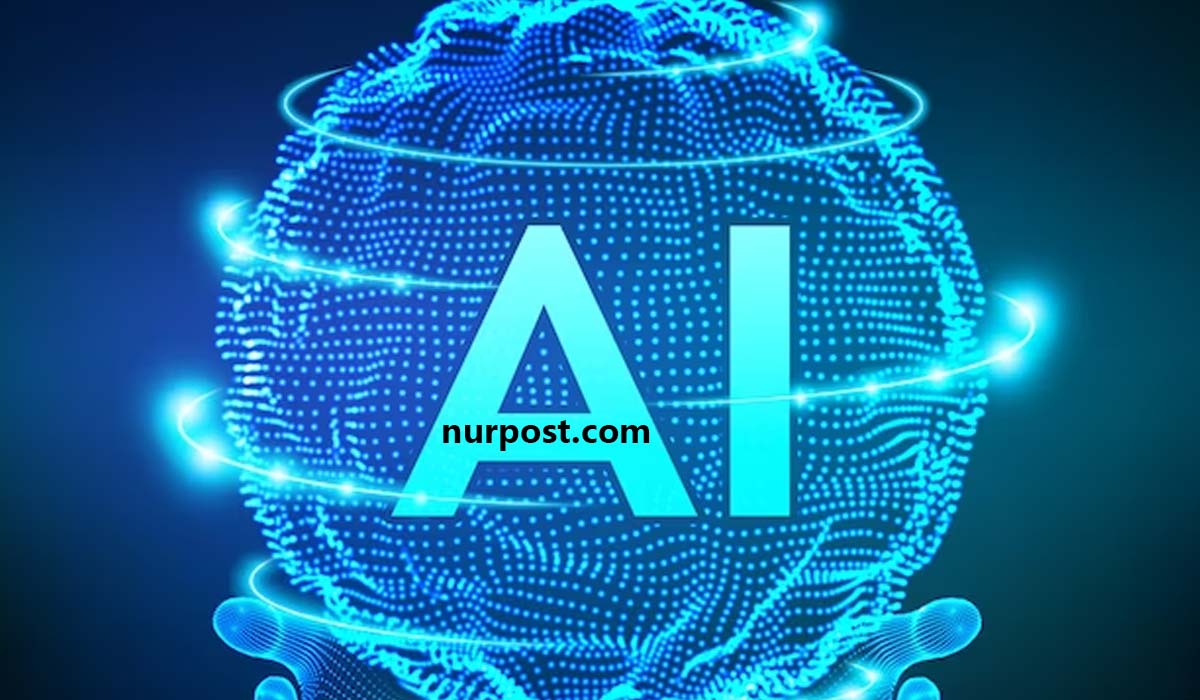Why Democracy is not safe in an AI world where an era marked by rapid technological advancements, artificial intelligence (AI) has emerged as a transformative force shaping societies and economies.
Why Democracy is not safe in an AI world
While AI promises numerous benefits, it also presents significant challenges that ripple across various facets of human existence. One such challenge is the potential threat to democratic systems.
While democracy has long been considered a cornerstone of modern governance, the rise of AI introduces complexities that cast a shadow over its future stability. This article explores the reasons why democracy might be vulnerable in an AI-driven world and suggests ways to address these concerns.
Information Manipulation and Disinformation
Democracy thrives on informed citizenry and open debate, but AI has the power to manipulate information at an unprecedented scale. Deepfake technology, for instance, can create convincing videos of public figures saying things they never did, leading to misinformation and public confusion.
Social media algorithms, driven by AI, can amplify false narratives and polarize public opinion. In an AI-driven world, the dissemination of disinformation becomes more efficient, undermining the foundation of well-informed decision-making that democracy relies upon.
Concentration of Power
The development and control of AI technologies often lie in the hands of a few powerful corporations or governments. This concentration of power can lead to an unequal distribution of AI benefits and influence.
As AI systems gather vast amounts of data, those who control the technology can potentially wield unparalleled political influence by leveraging this data to shape public opinion and policy outcomes. This concentration of power challenges the democratic ideal of equal representation and participation.
Why Democracy is not safe in an AI world
While the integration of AI into society offers numerous benefits, the potential risks it poses to democratic systems cannot be overlooked. To ensure that democracy remains resilient in an AI-driven world.
It is crucial to address these challenges proactively. Safeguarding the democratic process requires robust regulations that promote transparency, accountability, and inclusivity in the development and deployment of AI technologies.
Threats to Privacy
AI-driven surveillance technologies raise concerns about personal privacy and civil liberties. Facial recognition and predictive analytics, for instance, could lead to constant monitoring of citizens, eroding the sense of autonomy crucial to democratic societies.
Citizens may become hesitant to express dissenting opinions or engage in activism for fear of retribution, stifling the democratic discourse that relies on open dialogue and freedom of expression.
Manipulation of Political Processes
AI can be exploited to manipulate political processes, including elections. From the use of social bots to spread propaganda to the potential hacking of AI-powered voting systems, the integrity of elections is at risk in an AI world.
Deep learning algorithms can be used to profile and micro-target voters, influencing their choices based on personalized messages. Such manipulation undermines the principles of fair representation and free choice that underpin democratic elections.
Erosion of Human Accountability
As AI systems make decisions in various domains, questions of accountability and responsibility arise. When critical decisions are delegated to algorithms, it becomes difficult to pinpoint responsibility when errors or injustices occur.
This erosion of human accountability challenges the transparency and responsiveness that democratic governance demands.
Why Democracy is not safe in an AI world
Collaboration between governments, technology companies, civil society, and academia is essential to strike a balance between technological progress and the preservation of democratic values.

Only by actively addressing these concerns can we navigate the intricate intersection of AI and democracy and forge a future where technology empowers rather than undermines the principles of freedom, representation, and civic engagement.
Algorithmic Bias and Fair Representation
One of the fundamental tenets of democracy is the fair representation of diverse voices and perspectives. However, AI algorithms are not immune to bias, often perpetuating and exacerbating societal prejudices present in training data.
As AI systems are entrusted with decision-making processes, they risk perpetuating discrimination and excluding marginalized groups from equitable participation. This could lead to a reinforcement of existing inequalities, undermining the democratic principle of equal representation.
Loss of Human Connection and Empathy
Democracy thrives on human interaction, empathy, and understanding. In an AI-centric world, there is a risk that genuine human connections may be eroded. AI-powered chatbots and virtual assistants can provide efficient services.
But they lack the nuanced understanding and emotional intelligence that humans bring to interpersonal interactions. The absence of authentic human engagement could lead to a society that is increasingly detached, hindering meaningful democratic dialogue and compromise.
Job Displacement and Socioeconomic Inequity
The rapid integration of AI into the workforce raises concerns about job displacement and socioeconomic inequality. While AI technologies promise increased efficiency and productivity. They also threaten to displace traditional jobs, particularly those that require routine tasks.
This displacement could lead to heightened economic disparities and social unrest. Potentially undermining the stability of democratic societies where economic participation is a vital component of civic engagement.
Why Democracy is not safe in an AI world
As artificial intelligence (AI) continues its relentless advance. The world finds itself at a crossroads where the principles of democracy and the potential of AI intersect.
While AI holds immense promise in reshaping industries and improving human lives. Its rapid evolution also raises alarms about the stability and integrity of democratic systems.
This article delves deeper into the multifaceted challenges that AI poses to democracy and explores strategies to ensure that democratic values endure in this AI-driven era.
Manipulation of Public Opinion
AI’s ability to analyze vast amounts of data and predict human behavior can be exploited for manipulating public opinion. Automated social media accounts, known as bots, can spread misinformation, amplify extremist views. Create echo chambers that reinforce existing beliefs.
In the absence of effective regulation and oversight. The manipulation of public sentiment becomes a potent tool that can sway democratic processes and undermine the authenticity of public discourse.
Erosion of Civic Education and Critical Thinking
Democracy relies on an informed and critically thinking citizenry. However, the convenience of AI-powered information sources might lead to a decline in traditional research and critical analysis.
Relying solely on algorithmic recommendations could narrow the scope of information citizens are exposed to. Reducing the diversity of thought required for robust democratic decision-making.
Conclusion
While AI offers unprecedented opportunities for progress, its proliferation in democratic societies requires careful consideration of potential pitfalls.
Preserving democracy in an AI world necessitates a multi-pronged approach that encompasses ethical AI development. Robust regulations, and an emphasis on education and critical thinking.
Why Democracy is not safe in an AI world
To navigate this complex terrain successfully, governments, technology leaders, civil society organizations, and citizens must collaborate to strike a balance between harnessing the benefits of AI and safeguarding the democratic values that underpin our societies.
As we navigate the uncharted waters of the AI era, proactive measures will be vital to ensure that democracy remains resilient, adaptable, and true to its foundational principles.
